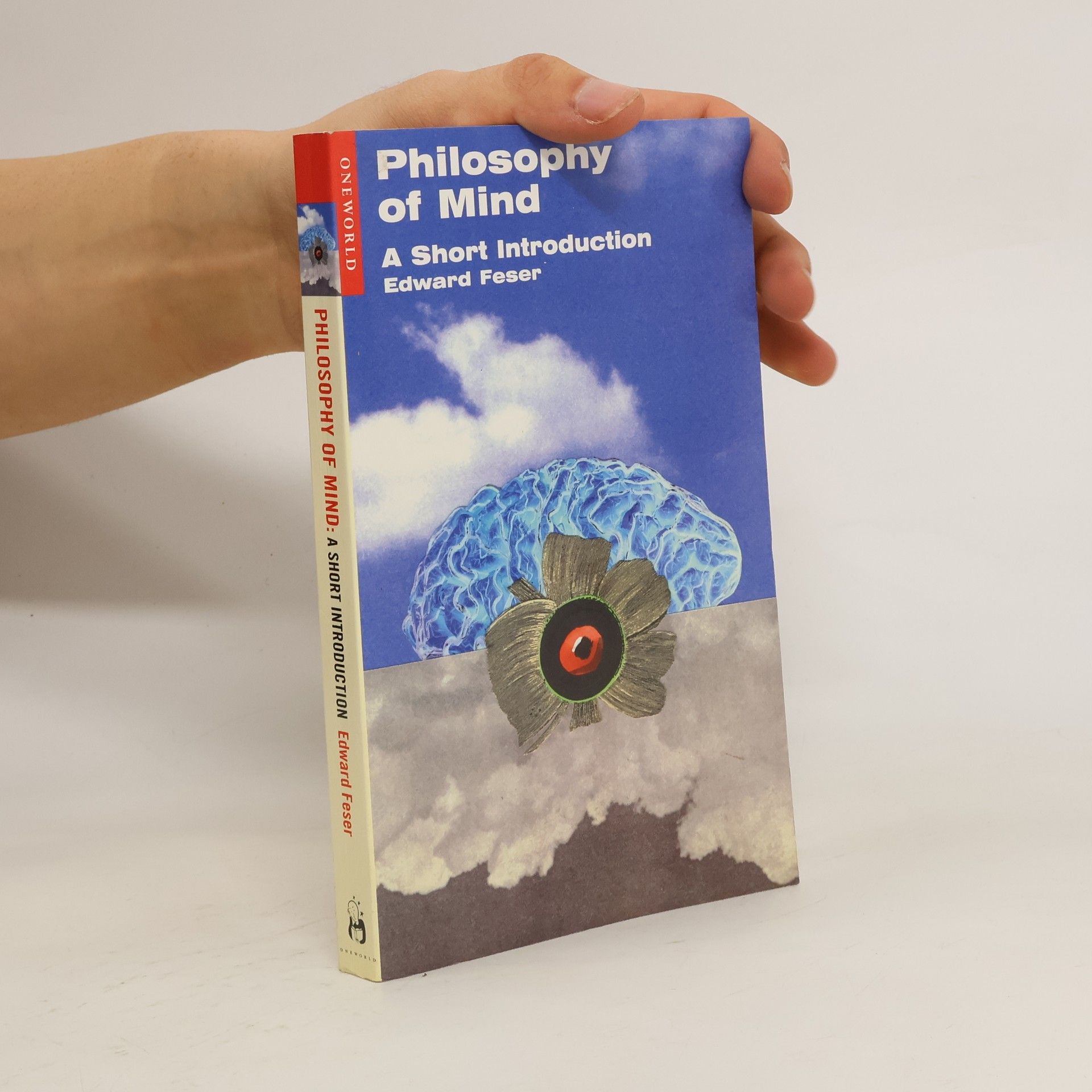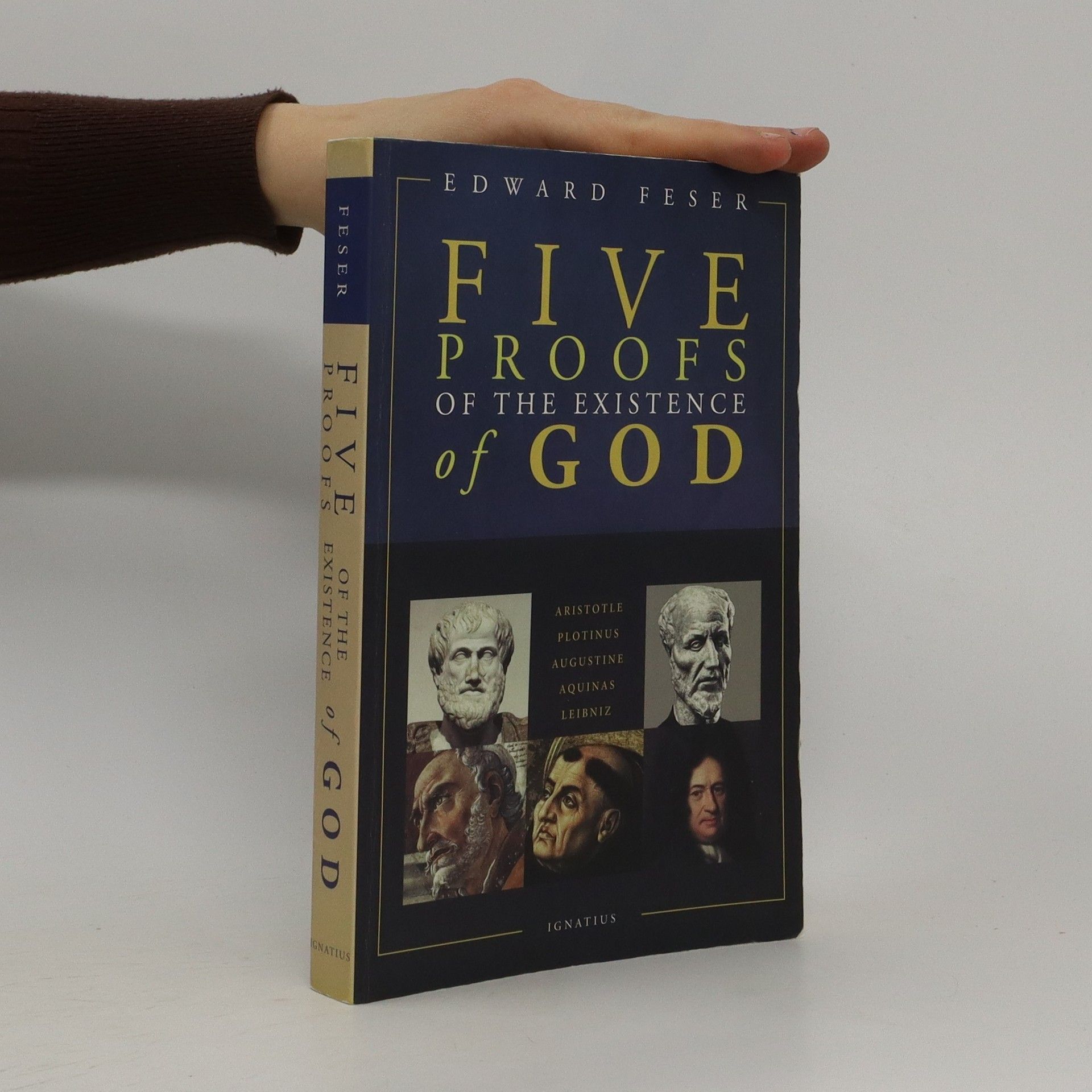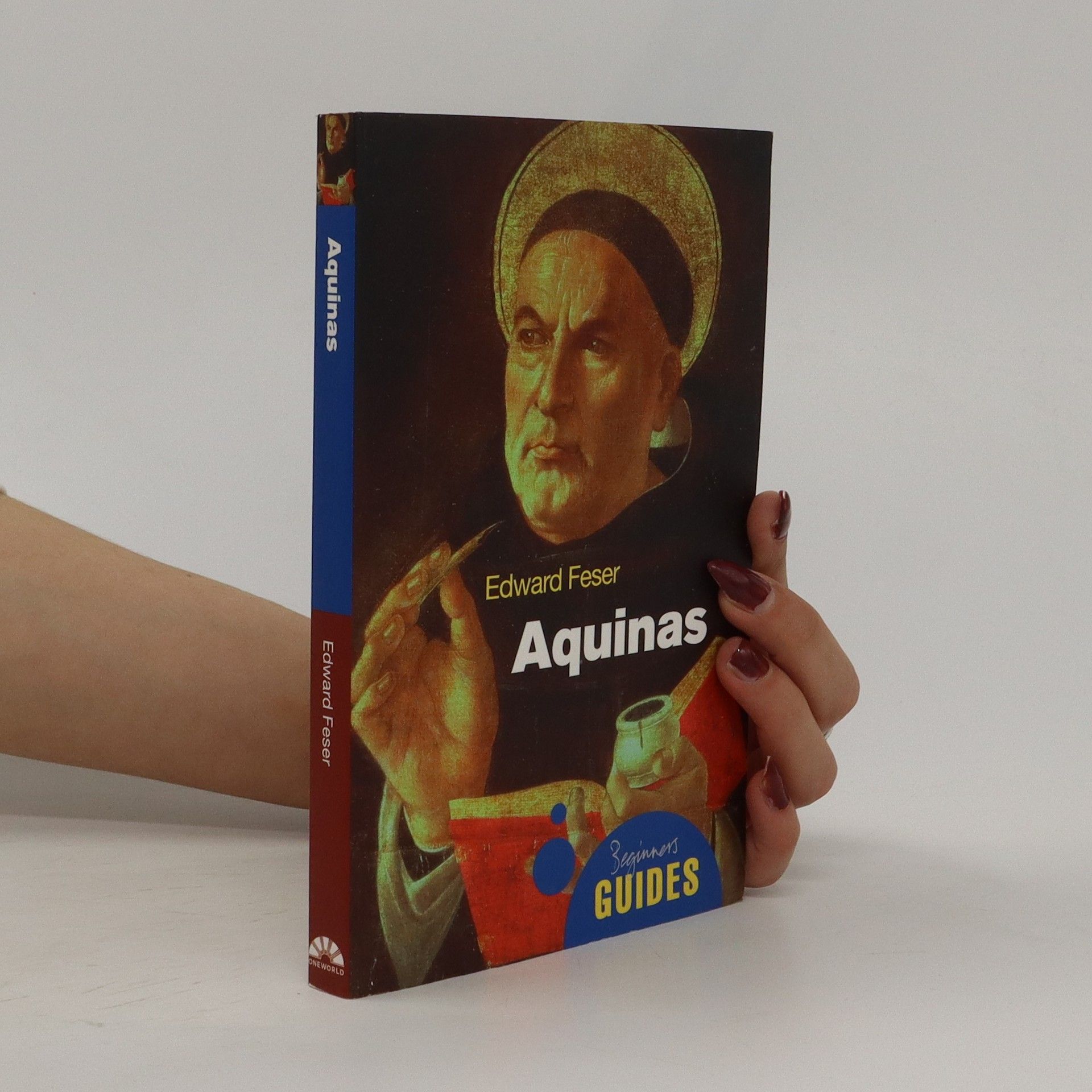Neo-scholastic Essays
- 415pages
- 15 heures de lecture
"In a series of publications over the course of a decade, Edward Feser has argued for the defensibility and abiding relevance to issues in contemporary philosophy of Scholastic ideas and arguments, and especially of Aristotelian-Thomistic ideas and arguments. This work has been in the vein of what has come to be known as "analytical Thomism," though the spirit of the project goes back at least to the Neo-Scholasticism of the period from the late nineteenth century to the middle of the twentieth. Neo-Scholastic Essays collects some of Feser's academic papers from the last ten years on themes in metaphysics and philosophy of nature, natural theology, philosophy of mind, and ethics. Among the diverse topics covered are: the relationship between Aristotelian and Newtonian conceptions of motion; the varieties of teleological description and explanation; the proper interpretation of Aquinas's Five Ways; the impossibility of a materialist account of the human intellect; the philosophies of mind of Kripke, Searle, Popper, and Hayek; the metaphysics of value; the natural law understanding of the ethics of private property and taxation; a critique of political libertarianism; and the defensibility and indispensability to a proper understanding of sexual morality of the traditional "perverted faculty argument.""--






